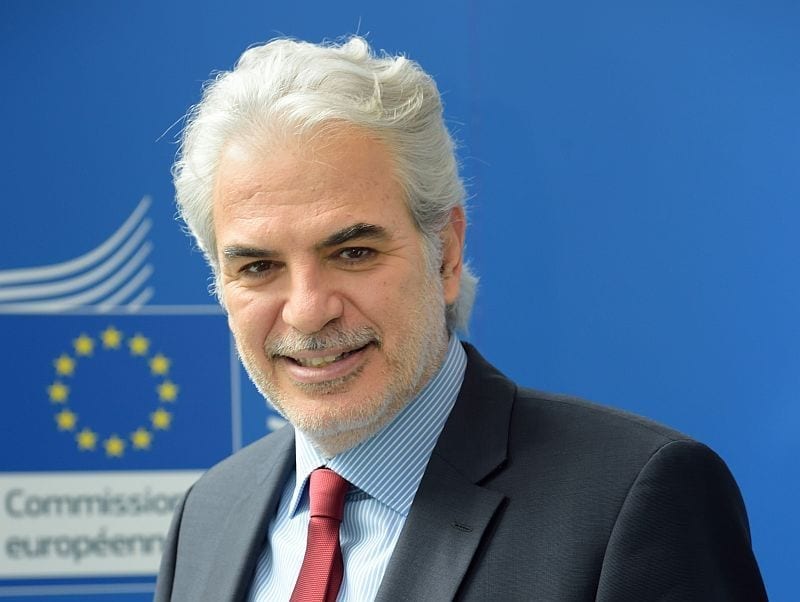16 January 2020
Mr Christos Stylianides, former European Commissioner of Humanitarian Aid and Crisis Management (2014-2019), joined the faculty of the Medical School’s Department of Primary Care and Population Health on 7 January 2020.
Building on his experience in Humanitarian Aid and Crisis Management on the global stage, Mr Stylianides will actively contribute to the UNIC Master of Public Health programme, focusing on the Erasmus Mundus Joint Master Degree (EMJMD) Public Health in Disaster, a programme developed through a partnership of our Medical School with the University of Oviedo in Spain and Karolinska Institutet in Sweden.
During his service at the European Commission Mr Stylianides led important initiatives and implemented policies to address humanitarian crises across the globe such as in Africa (Horn of Africa, the Sahel region), in the Middle East (Syria, Iraq), in Asia (Myanmar) and in Latin America (Colombia, Venezuela). Moreover, he directed the actions to strengthen the Humanitarian-Development Nexus by establishing better connectivity between humanitarian and development efforts in order to meet the UN Sustainable and Development Goals (SDGs). In addition, he promoted innovative methods to respond to humanitarian crises, such as the Cash and Voucher schemes and humanitarian aid as a driver for reconciliation in conflict areas.
Mr Stylianides played a key role as EU Ebola Coordinator in the international efforts to contain the Ebola outbreak (2014-2016). In this capacity, he coordinated all European policies and the EU’s and Member States’ responsible services. He was one of the first EU officials to visit the affected areas in West Africa at the peak of the outbreak and to raise global awareness of Ebola. He initiated regional cooperation by bringing together the leaders of Sierra Leone, Liberia and Guinea, which was key to bringing the Ebola outbreak under control. A turning point was the international high-level conference “Ebola: from Emergency to Recovery” (2015) that took place in Brussels under his leadership. Moreover, he initiated an evaluation process about the lessons learned from this experience. Based on the findings of this exercise, he facilitated the establishment of the European Medical Corps which has significantly increased the availability of doctors and medical equipment in response to emergencies.
Mr Stylianides has recently been appointed ‘Global Champion for Education in Emergencies’ by Education Cannot Wait (ECW).

